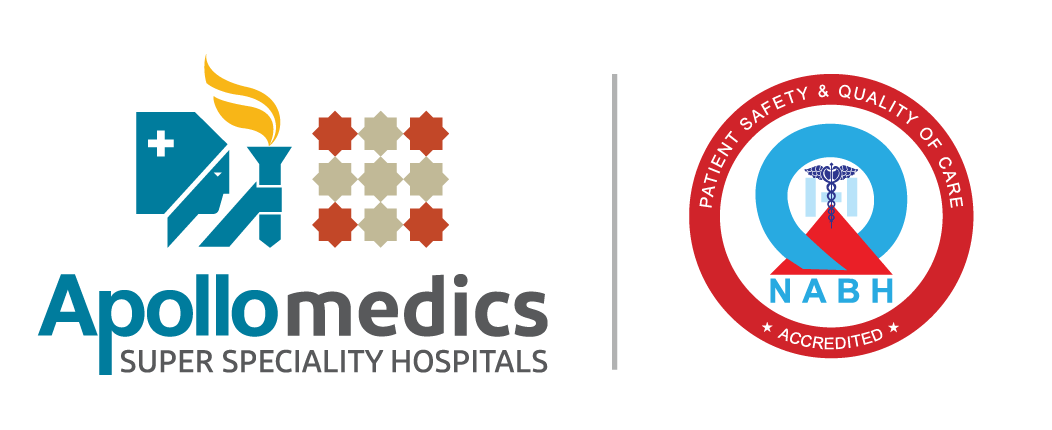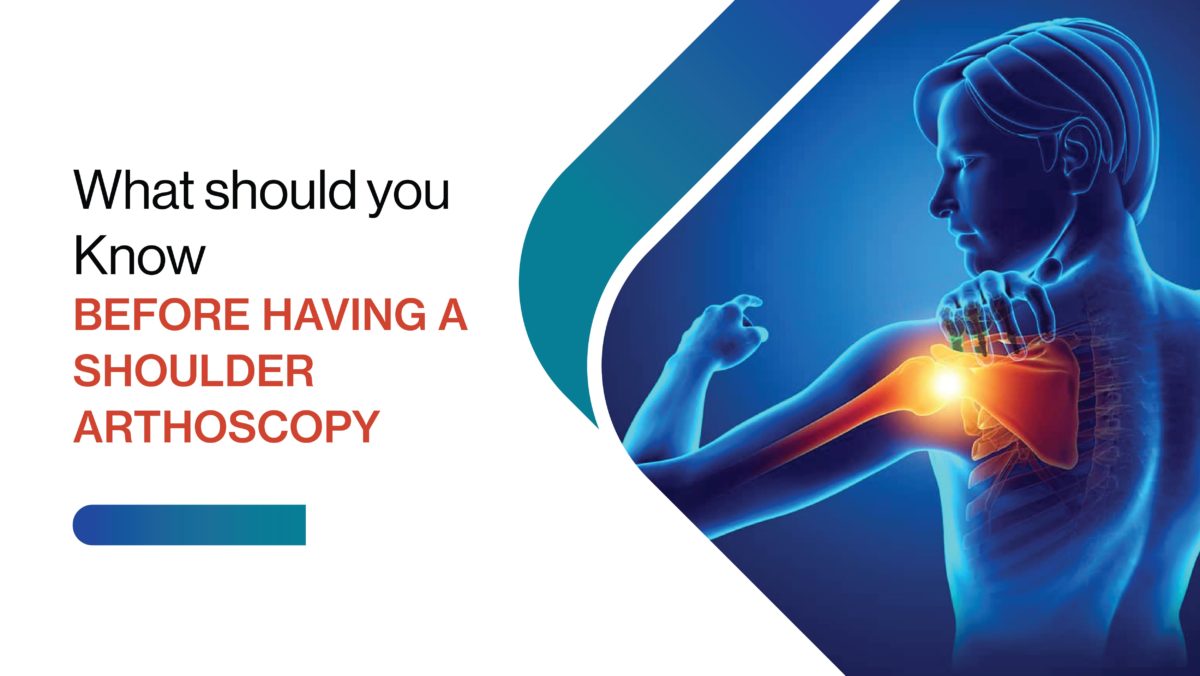A surgical treatment called shoulder arthroscopy is used to see, identify, and treat a variety of issues inside the shoulder joint and the area around the rotator cuff. Small incisions are used to accomplish this, allowing the insertion of specialised equipment. The arthroscope is an instrument with magnifying lenses and a light source that is the size of a 4 mm pencil. This is connected to a tiny camera that captures an enhanced, clear image of the joint on a TV screen, enabling your surgeon to examine every structure inside your shoulder.
When is shoulder arthroscopic surgery performed?
A number of common shoulder issues, such as bursitis, tendonitis, arthritis, impingement, rotator cuff tears, lateral tears, and shoulder instability/multiple dislocation, are treated with arthroscopic shoulder surgery. Patients who undergo shoulder arthroscopy typically don’t respond well to alternative forms of treatment, such as rest, physical therapy, anti-inflammatory drugs, and steroid injections (if required).
As with any injury, your doctor is the best person to ask for guidance on the best course of action.
Advantages of arthroscopic shoulder surgery Compared to more traditional open surgical methods, arthroscopic surgery has the following advantages:
• Scarless
• Very short hospital stay
• Minimal edoema and pain
• Little stiffness
• Minimal dangers and difficulties
Why is shoulder arthroscopy performed?
Shoulder arthroscopy aids medical professionals in locating and treating shoulder pain that is resistant to conventional remedies. Physical therapy, medication, injections, rest, and other nonsurgical options are available for treating shoulder pain.
What kind of shoulder injuries are treated with arthroscopic shoulder surgery?
Inflamed tissue can be removed during shoulder arthroscopy. It can also be used to treat ailments like:
• damage to the biceps tendon.
• bone growths.
• Shoulder frozen.
• Tears in the labrum, damage to the shoulder-socket tissue.
• Osteoarthritis.
• Torn rotator cuff.
• tendonitis of the rotator cuff.
• syndrome of shoulder impingement.
• Shoulder instability is a loose or dislocated shoulder joint.
How long does it take to recover from shoulder surgery?
After a shoulder arthroscopy, it will take weeks to months for your shoulder joint to fully recover. Pain and swelling may be present for at least a few weeks.
Pain treatment options include ice and painkillers. For a few days following surgery, you might also try sleeping raised up in a chair or bed. For your shoulder’s protection, your surgeon might suggest a sling.
Physical therapy and mild exercise are part of a recovery regimen. It can improve the flexibility and strength of your shoulders. You’ll receive a rehabilitation schedule from your doctor that is tailored to your particular shoulder surgery.
When to seek a doctor?
If you experience any of these signs following surgery, consult your doctor:
• Fever.
• Pain that is not relieved by medication.
• Fluid around the incision that is discoloured or stinky.
• Feeling tingly or numb.
• elevated swelling
Request a consultation with our orthopaedics & sports injury expert today at Apollomedics Super Speciality Hospitals Lucknow or Please call us at 8429021960 for more information.



